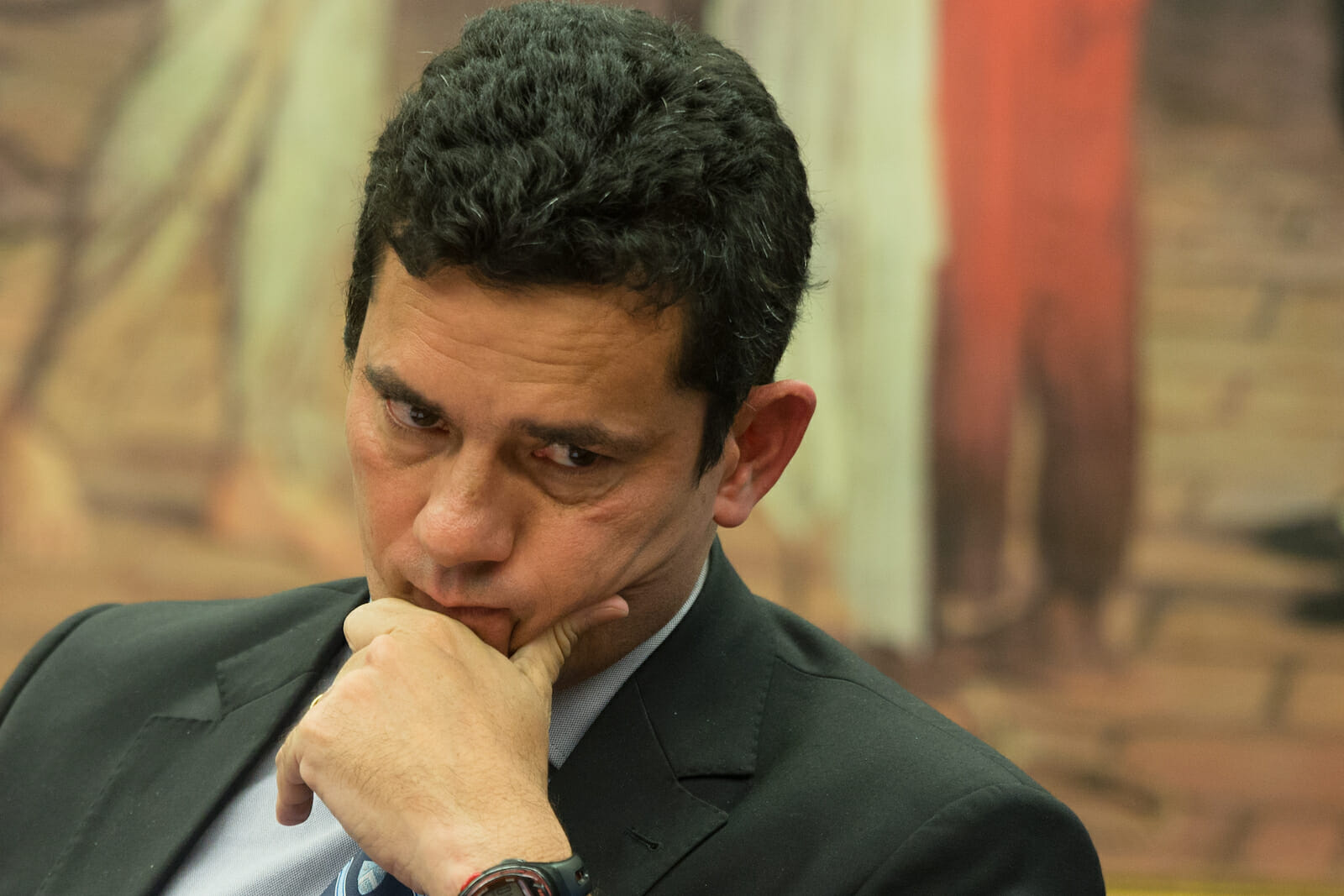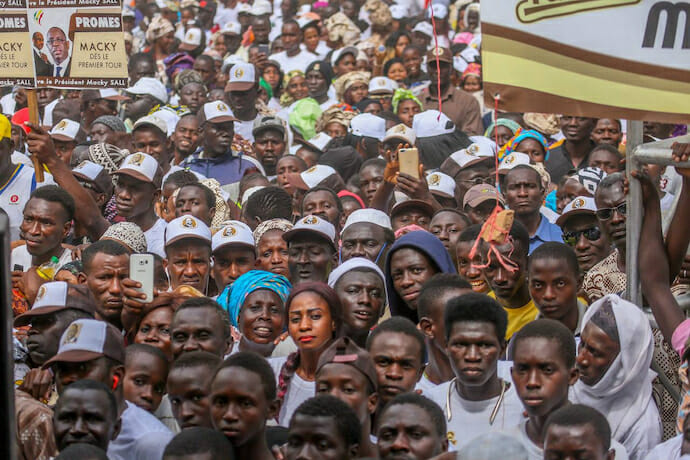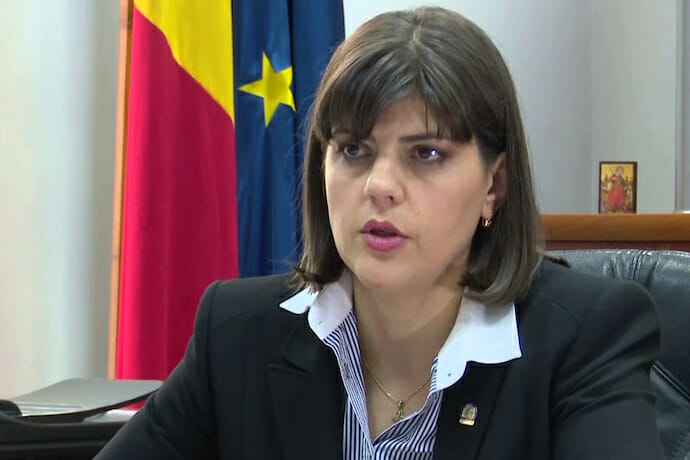
When Anti-corruption Investigations are Twisted
According to The Intercept, Sérgio Moro (a former judge who is now Brazil’s Minister of Justice) collaborated with prosecutors in order to help convict former President Lula de Silva. If true, the allegations are a worrying sign that the incumbent right-wing government exploited an anti-corruption investigation for its own political ends, even if some of the allegations were solid.
Sadly, this is an all-too-common problem in countries where the rule of law and anti-corruption measures are still shaky. Senegal in Africa and Romania in Europe offer international examples of how stamping out corruption can become a nearly insurmountable task when authoritative but unscrupulous actors try to influence investigations for their own self-interested purposes.
Operation Car Wash comes unstuck?
Still reeling from one of the biggest corruption scandals in recent history, Brazil has once again been rocked by allegations implicating the man who most publicly embodied Operation Car Wash. In his role as presiding judge on many of the cases, Moro was responsible for convicting and incarcerating many high-profile businessmen and politicians, including ex-President Lula. At the time, Moro was heralded as a scourge of corruption in the country and was internationally recognized for his work in cleaning up Brazil’s heavily tainted track record.
However, suspicions first began to surface when Jair Bolsonaro, the man who would profit from Lula’s incarceration by winning the presidential election last year, immediately promoted Moro to the position of Justice Minister, despite the fact that Moro previously insisted he would never enter politics. The latest revelations, which allege Moro offered guidance and advice to the team charged with Lula’s prosecution, have only served to entrench those aspersions. The jailed premier’s defense team have argued that his sentence should now be quashed, while the Supreme Court has indicated it will reassess Lula’s grounds for appeal in the light of the new evidence.
Given that Lula exited office with an approval rating of 87% and led all polls in the run-up to last year’s vote, the incrimination of Moro is troubling not just for Operation Car Wash, but for the state of Brazilian democracy itself.
A spanner in the Senegalese works
Unfortunately, such problems are far from limited to Brazil. In West Africa, President Macky Sall has made significant strides in improving Senegal’s global image and internal integrity since his election in 2012. At that time, Transparency International awarded the country a “corruption score” of just 36/100; by 2018, Sall had successfully boosted that rating to 45/100. This was achieved via a raft of different measures, including the creation of a National Office for Combating Fraud and Corruption (OFNAC), the launch of an anti-corruption app, and the reduction of presidential terms from seven to five years.

It’s likely that his anti-corruption campaign struck a nerve, as the recent uproar over a BBC investigation showcased. Despite limited evidence of wrongdoing, leading figures have tried to blame the president for accusations that are either linked to the opposition’s own time in government or to a consultancy contract his brother obtained. Indeed, since the BBC report came out earlier this month, the opposition has opportunistically pounced on these allegations, attempting to tar Sall with the same brush as his kin. This, despite the fact that the deal was signed under the previous government before Sall became president and the absence of any evidence that Sall has benefited from the deal.
In order to establish the truth, Sall has called for an investigation into the allegations, yet there is a major risk that the opposition will try to use it to drag him down. Given his track record as a reformer in a region that is all too often tainted by corruption, however, this could represent a heavy loss for the people of Senegal.
Romania continues backslide
Elsewhere, Romania has also seen a recent reversal in its progress towards a fairer state. Struggling for years in the fight against corruption, the appointment of Laura Codruta Kövesi as chief prosecutor of the National Anticorruption Directorate (DNA) seemed to signal a turning of the tide. During five years in the role, Kövesi oversaw the prosecution of around 1,000 individuals and the conviction of 900 of those, including 68 high-level politicians previously believed to be untouchable. However, her anti-corruption crusade ruffled more than a few feathers among the ruling elite.

In particular, clashes with Liviu Dragnea, the leader of the governing Social Democratic Party (PSD), saw him convicted of electoral fraud in 2015. Dragnea did his utmost to evade the prison sentence, including attempts to alter the country’s constitution. Those in power took their revenge on Kövesi by firing, indicting and imposing a travel ban on her, as well as blocking her appointment as head of the new European Public Prosecutor’s Office (EPPO). To further raise questions around the integrity of the DNA’s investigations, Dragnea and his allies have also fueled conspiracy theories surrounding Kövesi and her colleagues, accusing them of fomenting a “deep state” bent on overturning the government – accusations that, if anything, are no more than a political tool meant to intimidate prosecutors.
Thankfully, a public referendum in May thwarted PSD’s efforts to undermine anti-corruption legislation, while Dragnea was subsequently jailed and Kövesi remains in the running for the EPPO hot seat. Still, the Romanian government’s defiance of anti-corruption measures and open attempts to erode public trust in the justice system do not bode well for the country’s future.
Resistance is vital
Particularly in non-consolidated democracies like Brazil, Senegal, and Romania, it is vital that all parties conduct anti-corruption investigations with the utmost respect for the rule of law. Otherwise, doubts over the politicization of these processes call their very integrity into question.
Ironically, as The Economist points out, Sérgio Moro himself was a “close student” of Mani Pulite, the Italian anti-corruption movement of the 1990s. The campaign eventually concluded with a counter-revolution, led by Silvio Berlusconi (a prime minister often targeted by the investigation himself), which in turn weakened judicial power. A subsequent study by the International Monetary Fund showed that since then, governance indicators such as trust in the courts plunged severely, as did economic growth.
For Brazil, this outcome represents an alarm bell, with public trust in governance at all-time lows and its own economy still struggling. Having made major strides in the fight against corruption, it would a tragedy if these efforts were to crumble now.
